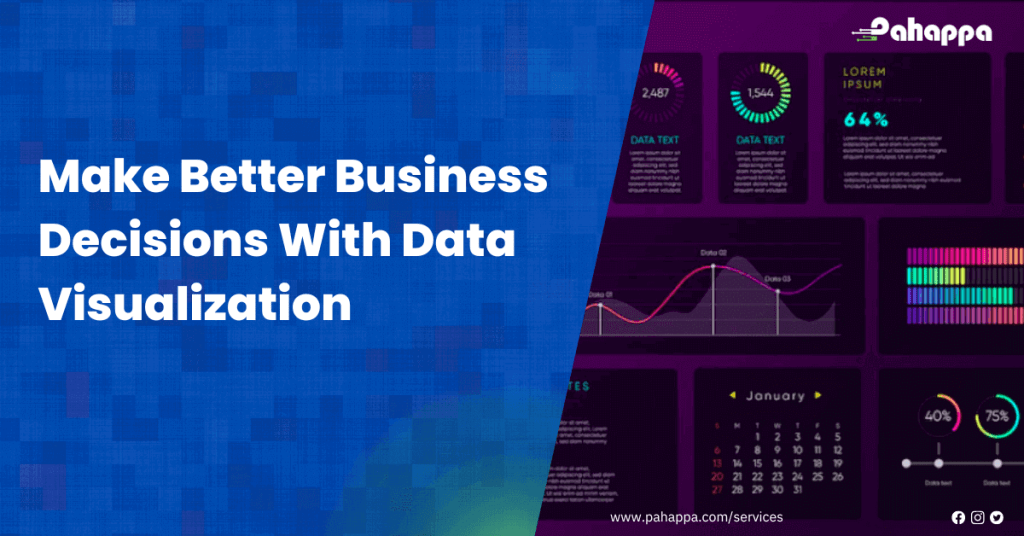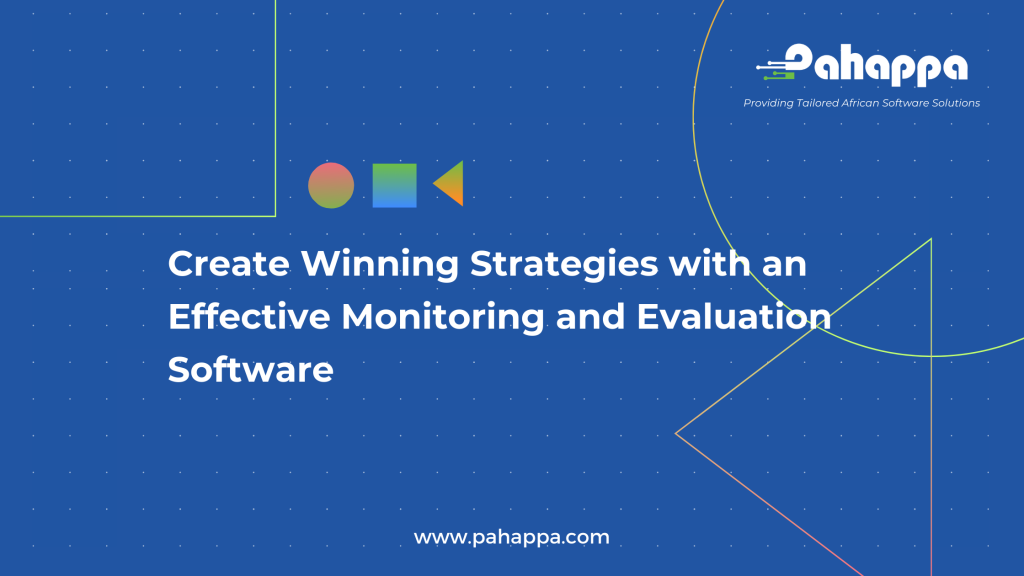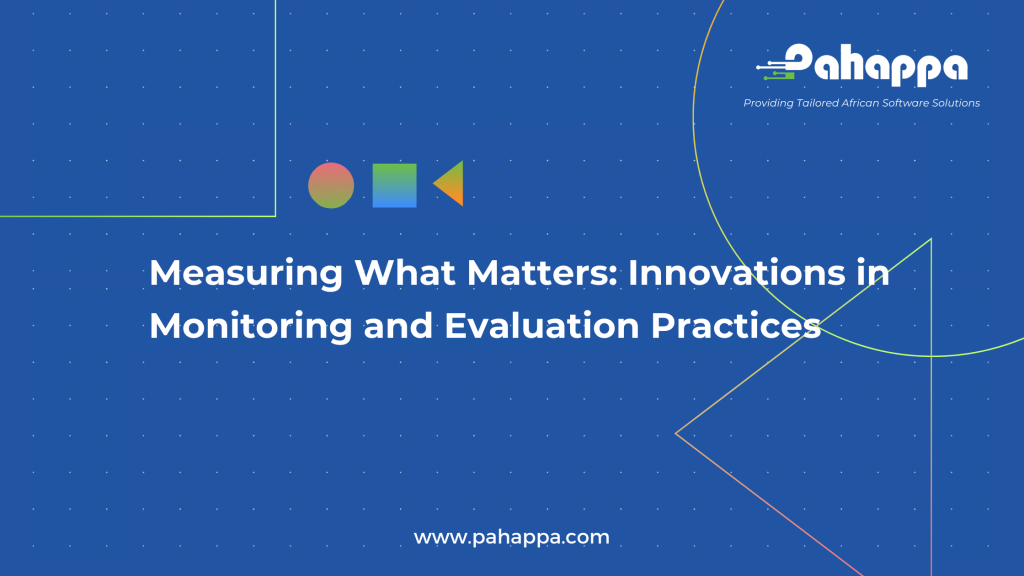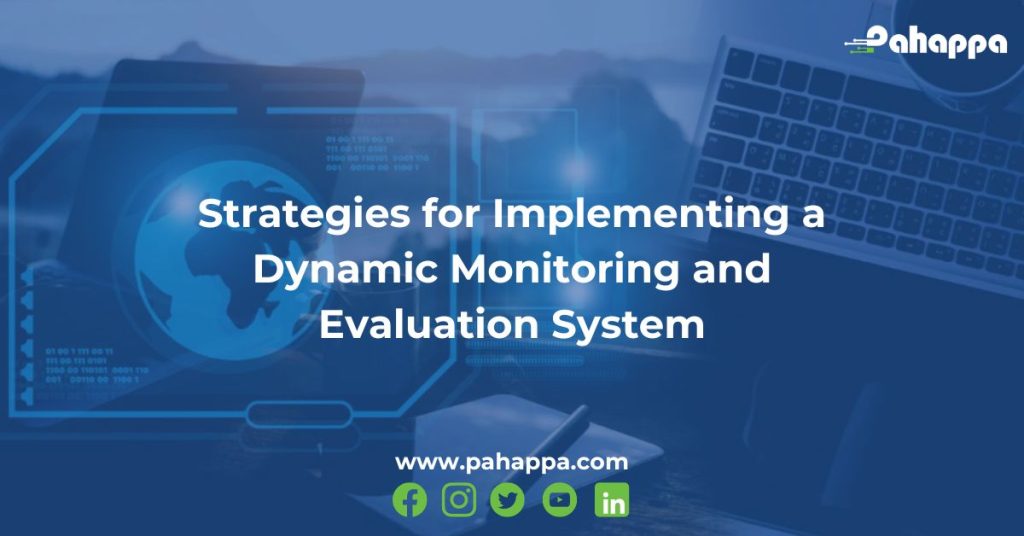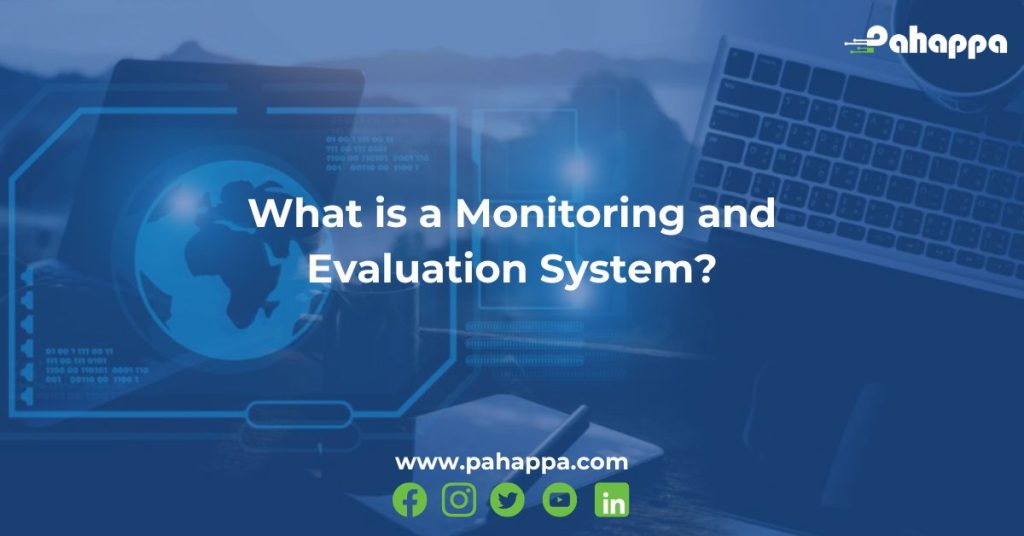Dashboards are essential when you need to view information and make a business decision based on facts. Dashboards provide a comprehensive overview of crucial information since they display all historical and current data on a single screen and give users the option to interact with and delve deep into individual KPIs or create an overview of a department or business. In this article, we will look at a few ways dashboards are used by different businesses and stakeholders:
1. Data-driven decisions for executive management
Executives at the C-level must constantly monitor their data. Every manager focuses on the actual revenue generated over a specific time period in comparison to the target revenue, with a clear visualization of how it is developing.
Additionally, it displays statistics about customer acquisition costs and the overall number of new customers obtained. Every management team can benefit from using visualized data to successfully inform their decisions.
2. Data-driven decision-making in retail
Data collection is easy and common with online retail. Consumers are more knowledgeable than ever because of new buying options. Having a clear picture of the data is crucial for both small business owners and huge corporations.
Statistics and data on total orders, average orders per customer, and best-selling items can provide you with a general idea of consumer behavior, the reasons why your products are being returned, and the season when you see the most orders. This will enable you to make future decisions entirely based on data rather than gut feelings that can undermine your company’s business strategy.
3) Data-driven decision-making in healthcare
A Healthcare dashboard is an excellent way of demonstrating how data-driven decision-making may improve patient care and facility administration.
A dynamic healthcare dashboard is a hub of information meant to improve patient care while also lowering major operating costs. When it comes to healthcare, mistakes or inefficiencies can mean the difference between life and death – the stakes are quite high.
A dashboard can show KPIs that provide a wealth of insights on nurse-to-patient ratios, length of patient stay, readmission rates, treatment costs, and the level of hospital-based infections over predetermined timeframes, this powerful dashboard will guarantee that daily medical operations are carried out with pin-point efficiency, improving patient care and lowering avoidable medical errors. For every busy medical decision-maker, this is a necessary tool.
4) Data-driven finance strategy
Those in charge of an organization’s financial health can examine and mitigate fluctuating trends and patterns with the aid of a visual financial report that illustrates how data influences financial decision-making.
You can quickly dive into potential financial inefficiencies with at-a-glance insights into crucial financials like working capital, cash conversion cycles, and vendor error rates. From there, you can address any issues head-on. Armed with information based on the current state of your finances, you can make decisions that have a precise impact on your organization’s economic health. With the help of a financial dashboard, you can also manage your vendor ties and other external partnerships and mend any alliances that are harming your company’s profitability or efficiency.
5) Data-driven sales strategy
Data-driven decision-making in business enables the creation of novel strategies across various disciplines, including sales.
An example of a comprehensive sales dashboard comes with all the data visualizations and KPIs needed to precisely break down sales & marketing expenses, track income, measure and optimize sales by channel, and easily analyze your profits.
This highly visual dashboard will empower you to make smart, value-driven decisions under pressure even during your busiest times. It will also enable you to see new trends and alter your sales approaches to appeal to a larger audience while maximizing the return on all of your prospecting efforts.
Key Takeaways For Efficient Data-Based Decisions
We‘ve explored a few examples of data-driven decision-making, and there’s no doubt that you can take your company to new heights by using data effectively and tracking your progress.
Now that you are armed with the benefits of using data to make better business decisions for your company. You must always avoid choosing the incorrect strategy while making data-driven business decisions if you want to achieve maximum success. Failure to do so will result in making decisions based on intuition, prejudices, or the promotion of a subpar data culture inside your firm.
At Pahappa we are wholly committed to assisting you in making the best data-driven decisions for your company. Our software and ERP solutions are customized to suit your business needs and requirements so that you can start getting insights and seeing results.
To start your own path to successful data-driven decisions, and generating insights, contact us today to get a free consultation.


